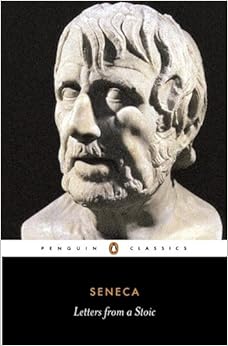Category: 1 – Read ASAP! (All Categories are 1 – Read ASAP!, 2 – BUY it!, 3 – SHELF it, 4 – SOMEDAY it)
Comments: Eric Weiner makes philosophy and great philosophers accessible. This book is a must read for anyone who is curious about the life and work of great philosophers. Eric brings together a witty travelogue, stories about the lives of great philosophers, a summary of their work, and insights about his attempts at applying their lessons. It changed how I thought about philosophy and philosophers – I’m grateful.
Insights that resonated:
1. Nearly every great philosopher made their impact by sharing powerful observations about the world and the human condition. They had their own distinct style and approach to making these observations. Some did it with a lot of emotions, others with characteristic pessimism or self deprecation, and so on.
Socrates, however, was unique in only leaving behind a method. Socrates’ legacy isn’t about what he wrote. In fact, he wrote almost nothing. Everything we know about him is thanks to his student Plato,
His legacy, instead, is defined by his approach to thoughtful conversation – the “Socratic method” that relies on questions to spur critical thinking.
It is a powerful way to think about legacy. A legacy that is defined by the how instead of the what.
2. Stoics are not pessimists. They believe everything happens for a reason, the result of a thoroughly rational order. Unlike grumpy Schopenhauer, they believe we are living in the best of all possible worlds, the only possible world. Not only does the Stoic consider the glass half full; he finds it a miracle he has a glass at all—and isn’t it beautiful? He contemplates the demise of the glass, shattered into a hundred pieces. and appreciates it even more. He imagines life had he never owned the glass.
He imagines a friend’s glass breaking and the consolation he’d offer. He
shares his beautiful glass with others, for they, too, are part of the logos,
or rational order.
“Joyful Stoic” is not an oxymoron, says William Irvine, a professor
of philosophy at Wright State University and a practicing Stoic. He ex-
plains: “Our practice of Stoicism has made us susceptible to little out-
bursts of joy. We will, out of the blue, feel delighted to be the person we
are, living the life we are living, in the universe we happen to inhabit.” I
confess: that sounds appealing.
3. Adversity anticipated is adversity diminished
4. The sound of the true is drowned out by the noise of the new.






